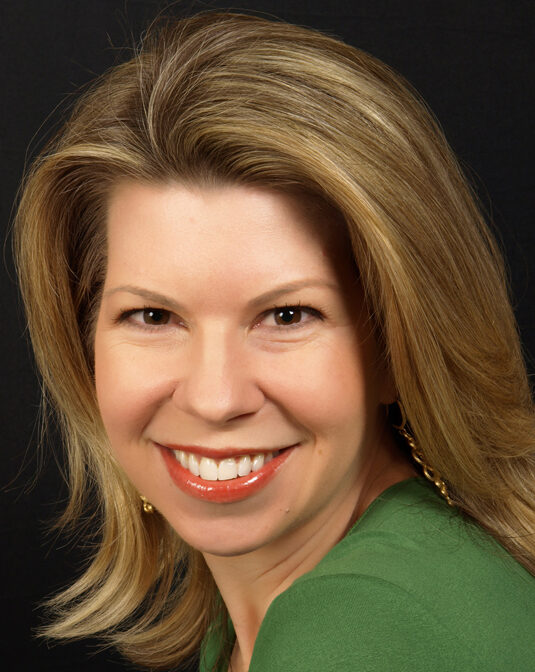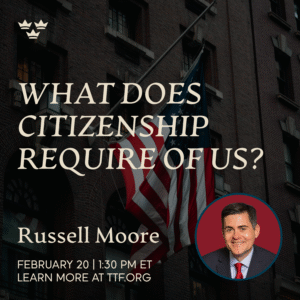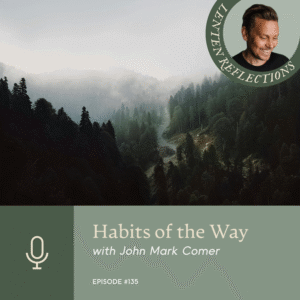Gift Logic & Abundant Life with Louis Kim and Tim Soerens
March 11, 2022
Overview
Speakers
-
 LOUIS KIM
LOUIS KIM -
 TIM SOERENS
TIM SOERENS -
 CHERIE HARDER
CHERIE HARDER
SHARE

